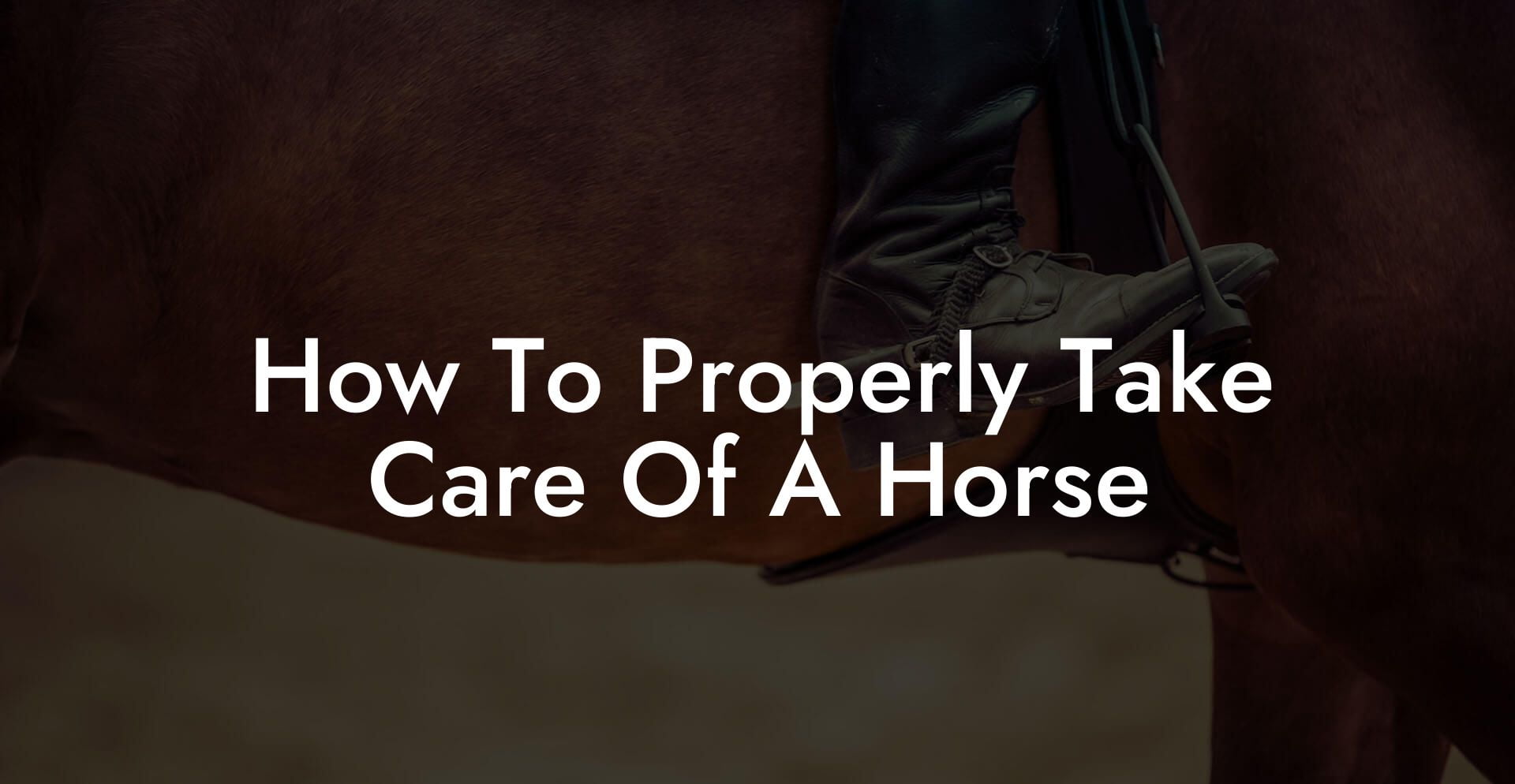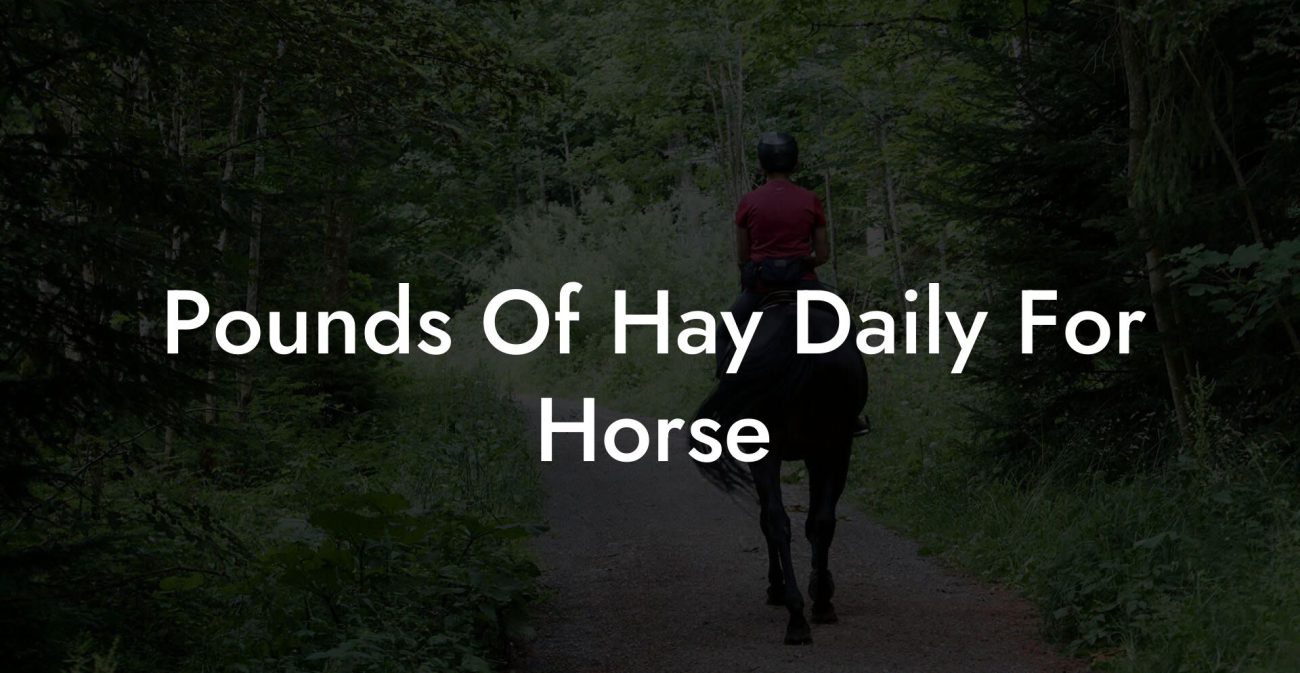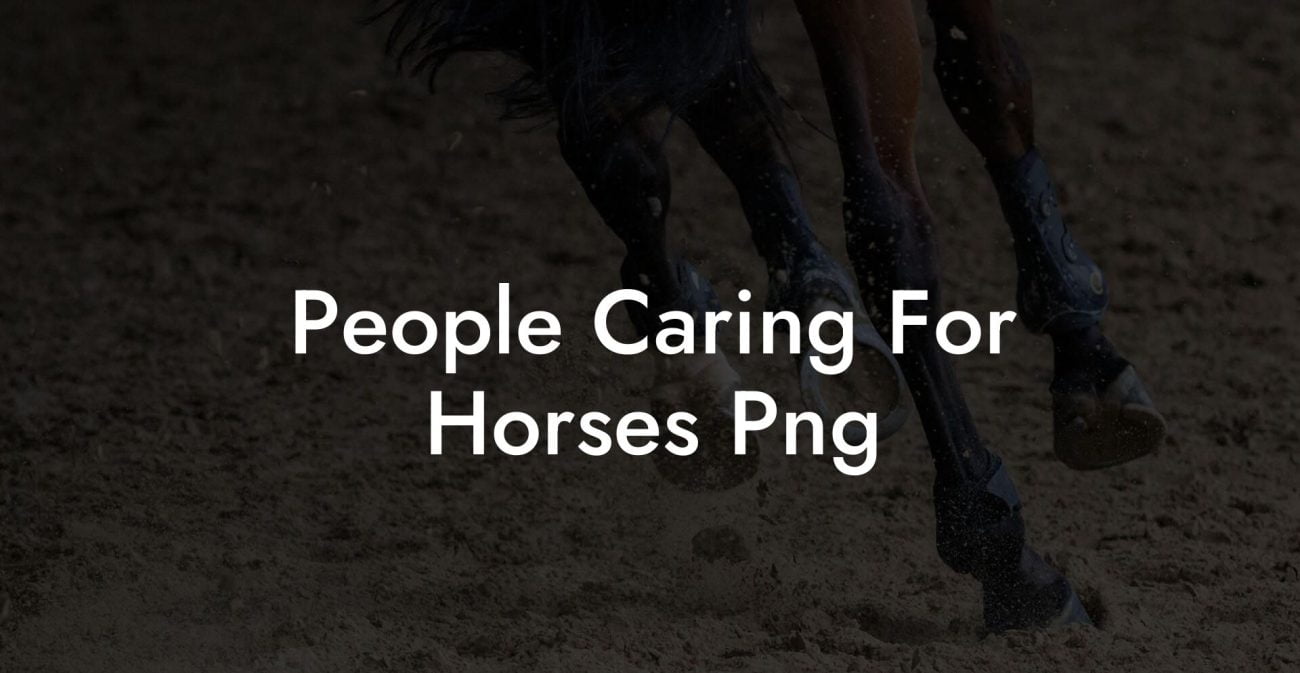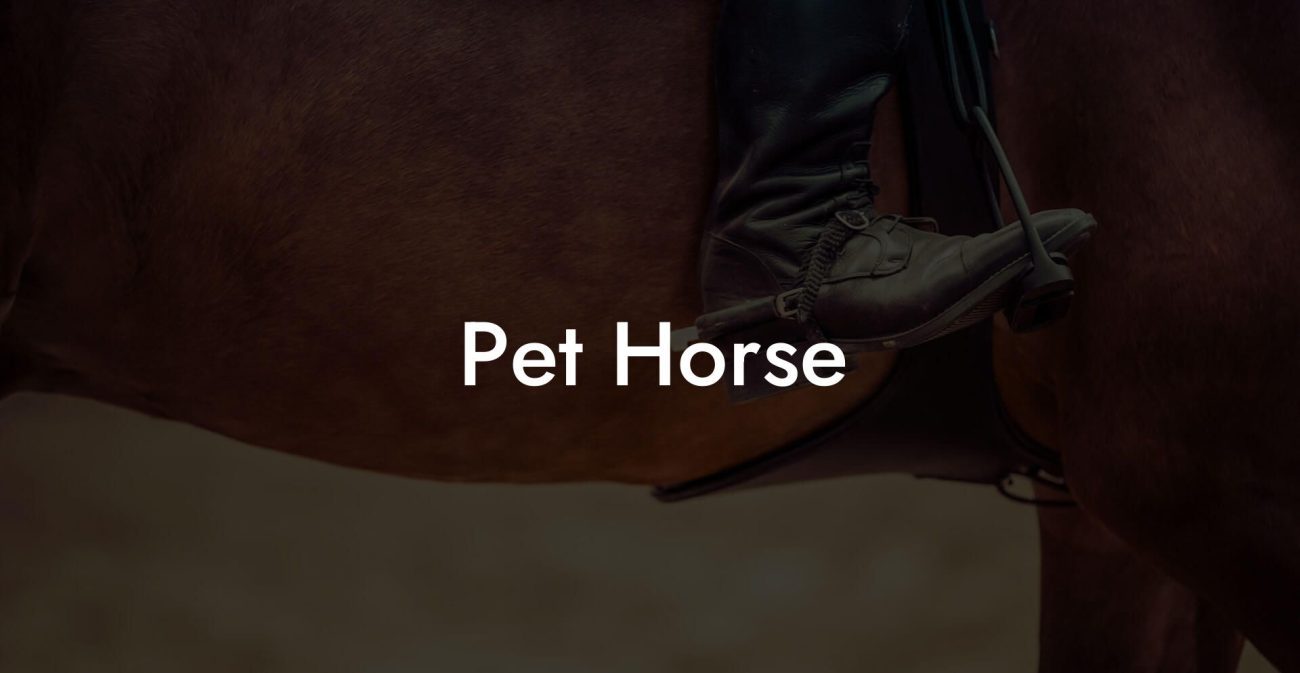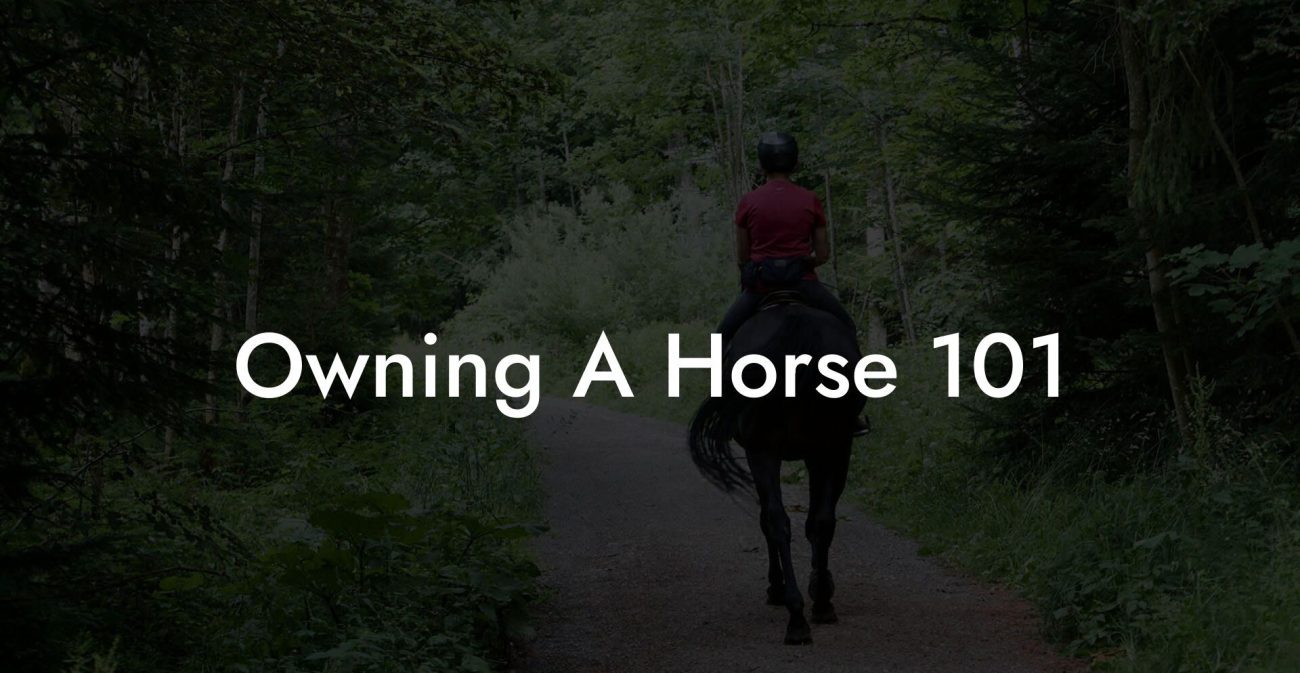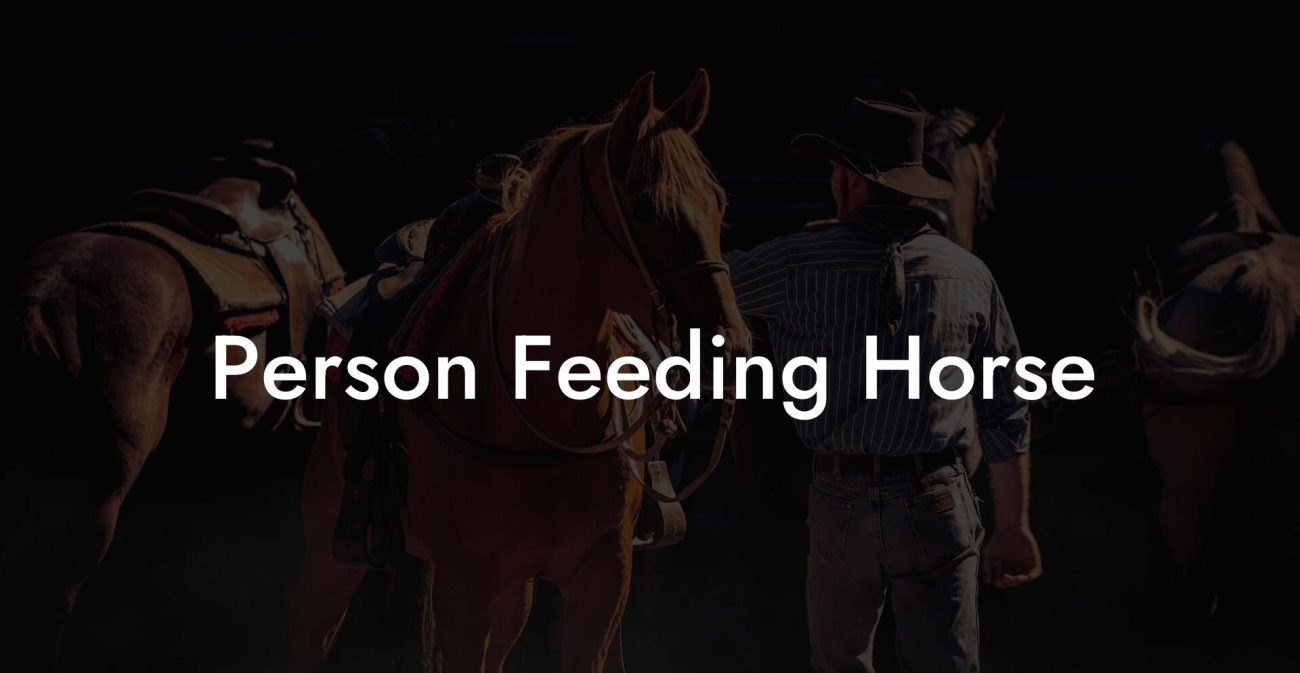Horse ownership is a tremendous responsibility and joy for many people. Whether an equestrian enthusiast, a show jumping competitor, or simply someone who adores these gentle giants, owning a horse has many rewards. To ensure your horse has a long, happy life, proper care and attention to its needs are crucial. In this comprehensive guide, we will explore the essential aspects of horse care. So, saddle up and get ready to learn how to properly care for your equine friend.
How To Properly Take Care Of A Horse Table of Contents
1. Feeding and Nutrition
A balanced and nutritional diet is the cornerstone of a healthy horse. Horses require a blend of forages, grains, vitamins, and minerals to maintain optimal health. The majority of their diet should consist of high-quality hay or pasture. Horses also require access to clean water to avoid dehydration and subsequent health issues.
2. Shelter and Bedding
Horses need a clean, dry, and well-ventilated shelter to protect them from the elements. Whether living in a barn or an open pasture, they require protection from extreme heat, cold, rain, and snow. Regular cleaning of stalls and pasture shelters is necessary to keep the environment clean and prevent the buildup of ammonia and bacteria from waste.
3. Exercise and Training
Just like people, horses require regular exercise to stay fit, healthy, and happy. Frequent physical activity will help keep their muscles, bones, and joints strong and flexible. Create a routine for your horse that includes routine workouts, such as lunging, trail riding, or schooling in an arena, to ensure they remain physically active.
4. Grooming and Hoof Care
Regular grooming is essential to maintaining a horse's overall health. It helps to keep their coat clean, stimulates blood circulation, and allows you to inspect the horse for injuries or skin irritations. Hoof care is another critical aspect of grooming. Trim your horse's hooves every six to eight weeks and pay attention to signs of hoof-related issues, such as cracks or abscesses.
5. Veterinary Care
Annual vaccinations and routine veterinary care are a must for your horse's well-being. Common vaccinations include those for equine encephalomyelitis, West Nile virus, tetanus, and equine influenza. Regular dental checkups and deworming will also help maintain your horse's overall health.
6. Emotional Well-being
Horses are social animals that require interaction with others to be content. Your horse should have the opportunity to interact with other horses or animals, whether in a stable or pasture setting. Regular handling and positive reinforcement from you will also help develop a trusting and affectionate bond with your horse.
How To Properly Take Care Of A Horse Example
To help illustrate the importance of proper horse care, let's look at a typical day in the life of a well-cared-for horse. After waking up in a clean and comfortable stable, the horse enjoys a leisurely breakfast of high-quality hay and grain. Before heading out for a daily exercise routine, the owner takes time to groom their horse, checking for any injuries or health concerns.
Once groomed, the horse embarks on a varied exercise regimen, such as trail riding or lunging in the arena. After exercise, they return to their clean stable or pasture enclosure, where they can socialize with other horses and enjoy clean water and a supply of fresh hay. Routine veterinary care, vaccinations, and a loving bond with their owner contribute to this horse's overall well-being and happiness.
Proper horse care requires dedication, attention to detail, and love. By providing your horse with a well-balanced diet, clean living conditions, exercise, regular grooming, veterinary care, and emotional support, you will be setting them up for a long, healthy, and happy life. Be sure to share this guide with fellow horse lovers and explore other guides on How to Own a Horse to continue expanding your equine knowledge. Happy trails!

